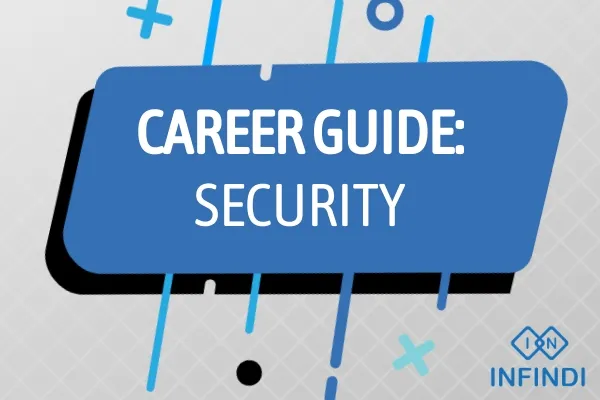For those with a commitment to safety, a keen sense of observation, and a desire to protect people and assets, careers in security offer a dynamic and critical path. Whether you’re an experienced security professional or someone exploring entry-level opportunities, understanding the intricacies of jobs in security is essential. This article aims to provide a comprehensive guide to security careers, addressing duties, salary expectations, job descriptions, skills, qualifications, education and training requirements, experience prerequisites, frequently asked questions, and daily tasks.
1. Duties and Responsibilities
Security professionals play a crucial role in maintaining safety and preventing security threats. Common duties and responsibilities include:
- Surveillance: Monitoring and patrolling designated areas to detect suspicious activities.
- Access Control: Managing entry and exit points to secure premises.
- Emergency Response: Responding to security incidents and coordinating with emergency services.
- Risk Assessment: Evaluating potential security risks and implementing preventive measures.
- Customer Service: Providing assistance and information to visitors and occupants.
2. Salary Expectations
The salary for jobs in security varies based on factors such as experience, industry, and the level of responsibility. Entry-level positions may start at around $30,000 annually, while experienced security professionals in managerial or specialized roles can earn well over $60,000. Additional benefits, such as healthcare and retirement plans, may contribute to the overall compensation.
3. Possible Job Descriptions
Security roles encompass various positions, each contributing to different aspects of safety and asset protection:
- Security Officer: Conducting patrols and enforcing security policies.
- Security Supervisor: Leading and supervising a team of security personnel.
- Loss Prevention Officer: Preventing theft and ensuring store security.
- Event Security Specialist: Providing security services for events and gatherings.
- Corporate Security Manager: Overseeing security operations within a corporate setting.
4. Skills and Qualifications
Successful security professionals possess a combination of vigilance, communication skills, and the ability to remain calm under pressure. Key skills include:
- Observation: Noticing and responding to unusual or suspicious behavior.
- Communication: Effectively communicating with colleagues and emergency services.
- Physical Fitness: Maintaining the physical capability to respond to security incidents.
- Problem-Solving: Addressing security challenges and adapting to changing situations.
- Customer Service: Interacting with occupants and visitors in a professional manner.
5. Education and Training Requirements
Educational requirements for security jobs vary, with many entry-level positions requiring a high school diploma or equivalent. Some roles may prefer candidates with additional training in security procedures, and certifications such as Certified Protection Professional (CPP) can enhance career prospects.
6. Experience Requirements
Entry into security jobs often involves gaining practical experience through entry-level positions, often as a security officer. Advancement to supervisory or managerial roles may require several years of successful security experience and additional training.
7. Frequently Asked Questions
Q: How does technology impact security jobs?
A: Technology has transformed security with tools such as surveillance cameras, access control systems, and alarm systems, enhancing the efficiency of security operations.
Q: Can security professionals specialize in specific industries?
A: Yes, security professionals often specialize in industries such as retail, corporate security, healthcare, or event security, based on their interests and expertise.
Q: What role does emergency response play in security careers?
A: Emergency response is a critical aspect of security careers, involving quick and effective action to mitigate security threats and protect people and assets.
8. Daily Tasks and To-Do Lists
The daily tasks of a security professional can vary based on their specific role, industry, and assigned responsibilities, but a typical to-do list may include:
- Conducting regular patrols and surveillance.
- Enforcing access control measures.
- Responding to security incidents and emergencies.
- Providing assistance and information to occupants.
- Completing reports on security activities.
In conclusion, a career in security offers a dynamic and critical journey for individuals dedicated to safeguarding people and assets. Whether you’re entering the security field or aiming for advancement, understanding the duties, qualifications, and daily tasks associated with security jobs will set you on the path to success. Explore opportunities, contribute to maintaining a secure environment, and embark on a fulfilling career in the ever-evolving realm of security and safety.

